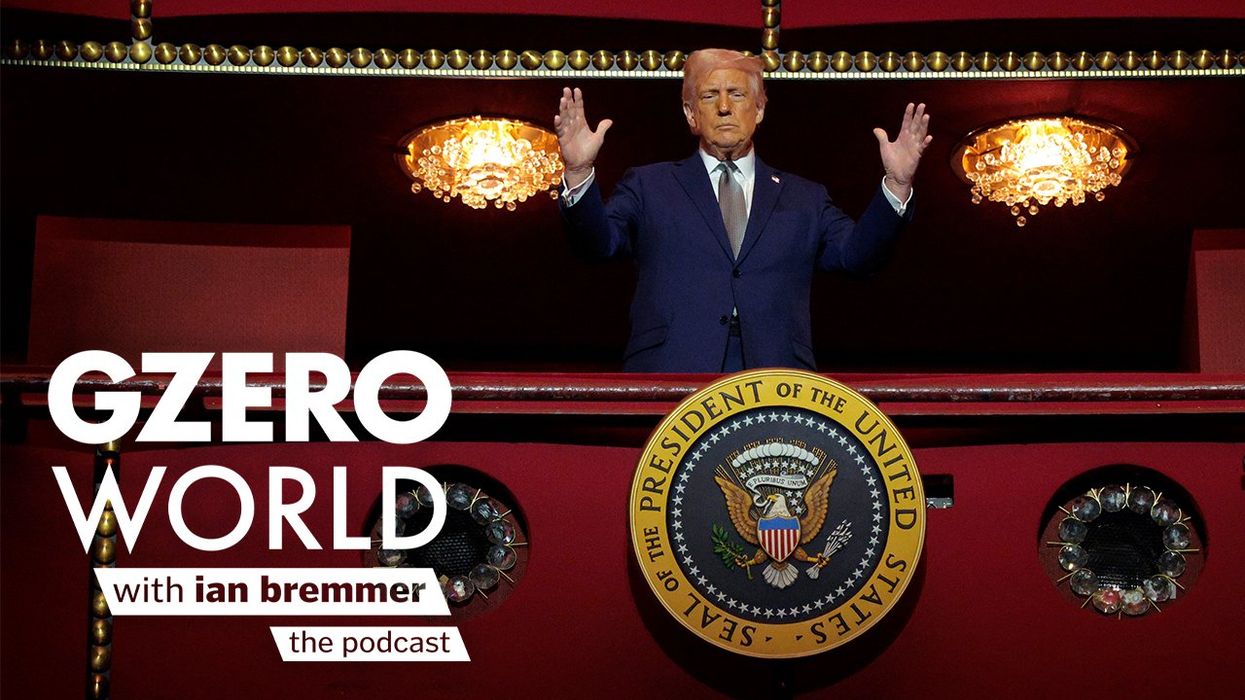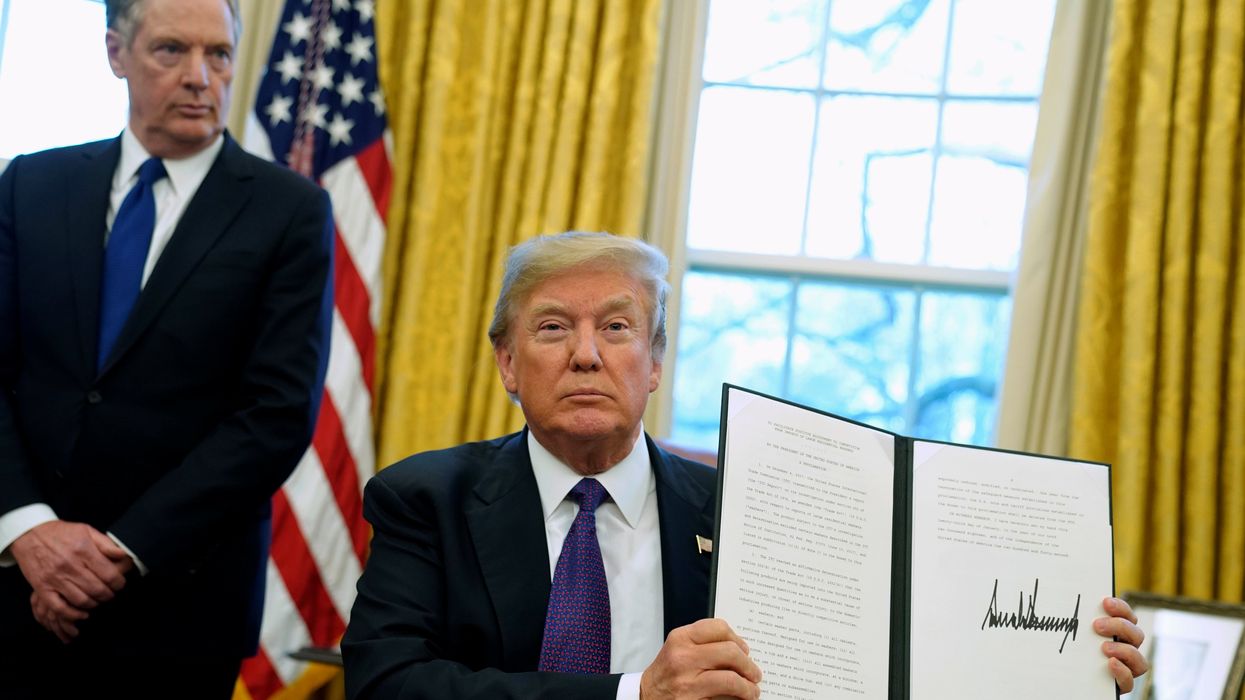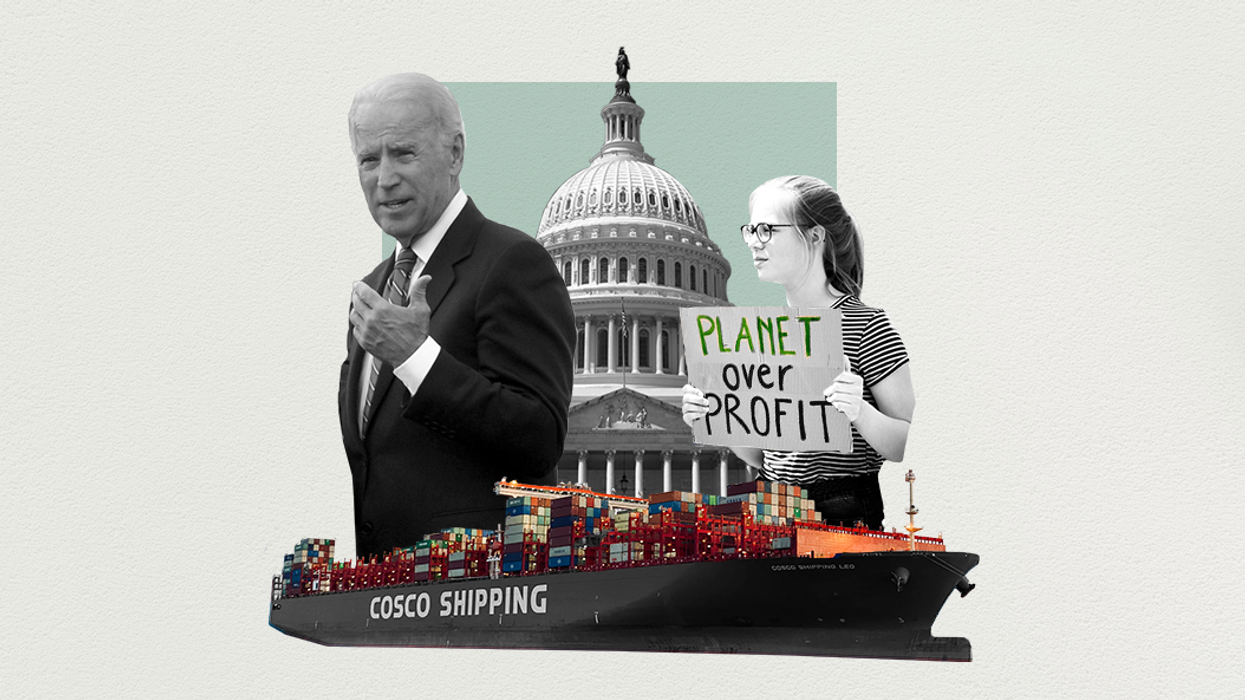GZERO World with Ian Bremmer
Trump’s trade war: Who really wins?
Beneath America’s shifting economic and foreign policy lies a fundamental question: What happens when its closest allies can no longer trust it? The Economist's Zanny Minton Beddoes joins Ian Bremmer on GZERO World to discuss.
Mar 24, 2025




